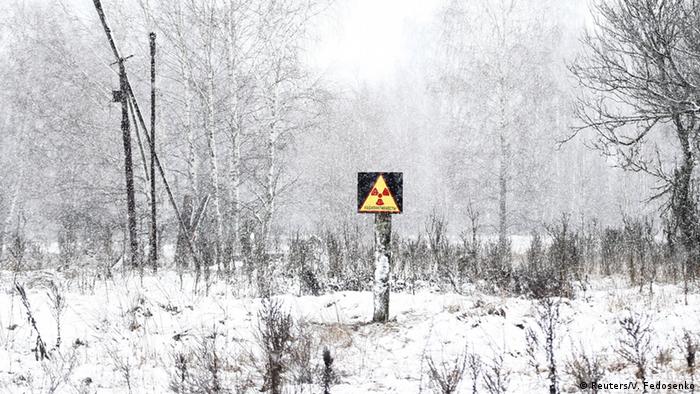
A Belarus court has ruled against AP journalist who reported on milk
farms near Chernobyl. In the story, the correspondent claimed that the
milk contained massive amounts of radioactive material.
The Minsk court ordered the reporter, Yuras Karmanau, to pay legal
fees and write a retraction, the Russian news agency RIA Novosti
reported on Friday.
In the original Associated Press article from April, Karmanau says he traveled to the edge of Belarus' Chernobyl exclusion zone
and talked to farmers who herd milk cows in the area. He claims that AP
employees passed a milk sample to a government-run lab, and that the
results revealed radioactive isotope strontium-90, appearing in
concentration 10 times higher than the allowed level.
The author
also featured a comment from Milkavita, the company that buys milk from
the farms, with the firm dismissing the findings as "impossible" and a
likely "mix-up."
The result were also disputed after the story
was published, both by the cited lab and a special Belarus government
department for dealing with the aftermath of the 1986 Chernobyl
disaster. The lab said that the there was not enough milk in the
1100-gram sample and that three liters of milk were necessary for a
proper strontium-90 test, according to Belaurs news outlet Naviny.
Milkavita then sued Karmanau for "intentionally false reporting" and damaging their reputation.
AP 'looks forward' to appeal
Commenting
on the Friday verdict, AP's vice president Ian Phillips said that the
news agency "unreservedly" stands behind their employee.
"Mr.
Karmanau's reporting is a fair and accurate account of the lingering
effects of the Chernobyl nuclear disaster on Belarus 30 years after the
accident," he said. "The court's refusal to consider key evidence in
support of Mr. Karmanau raises serious concerns, and AP looks forward to
vindication on appeal."
Milkavita's dairy products are mostly sold in Russia.
Data: 23.12.2016
Fonte: www.dw.com



















Nessun commento:
Posta un commento